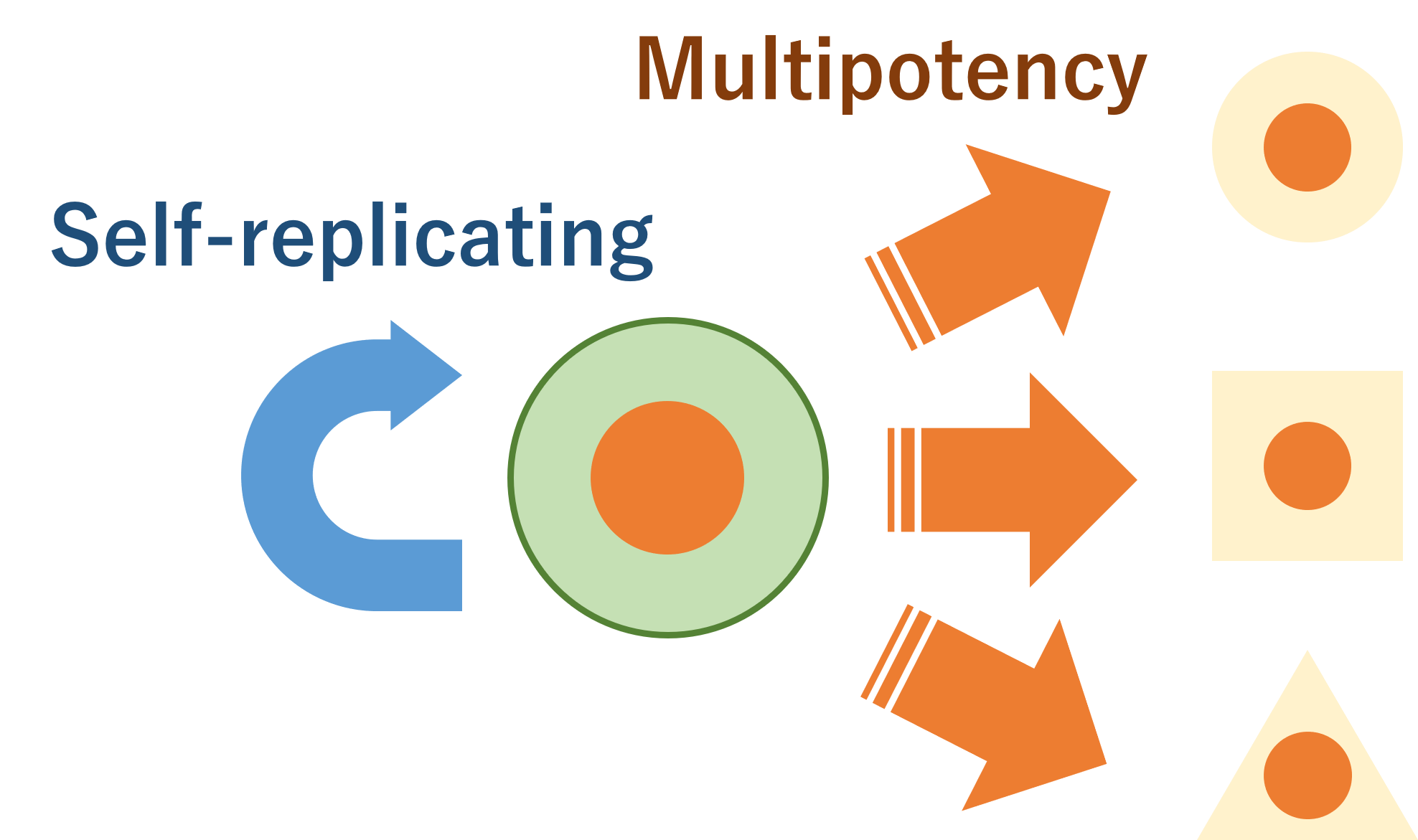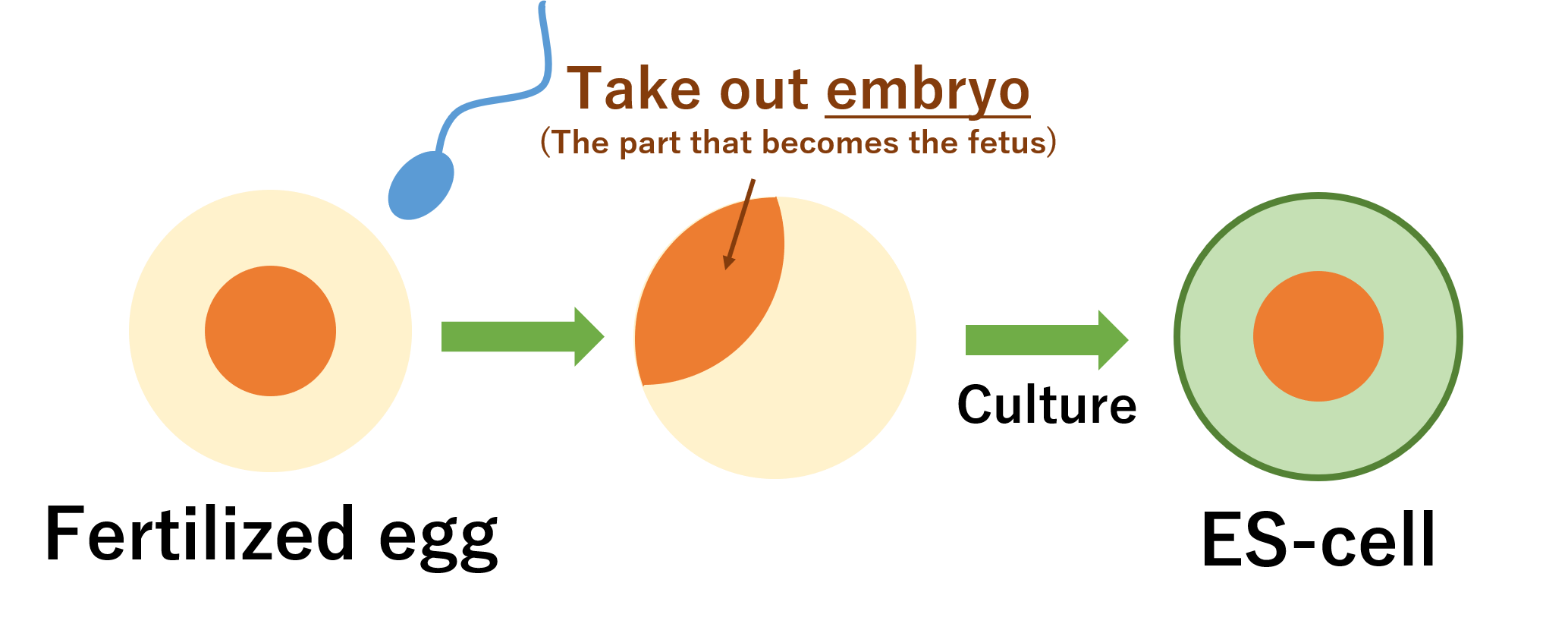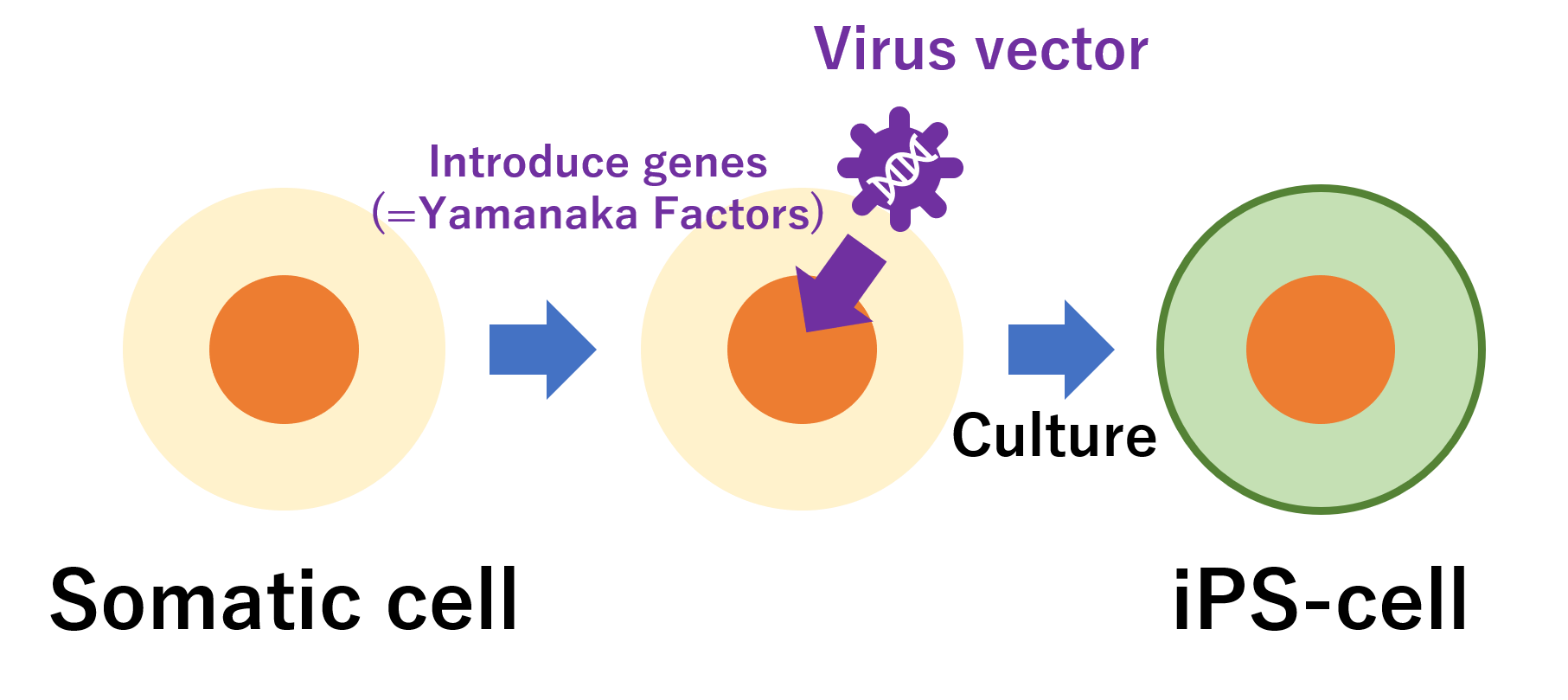The Future of Regenerative Medicine
Have you ever heard of "regenerative medicine"? Regenerative medicine is a medical technology that revives or improves the function of body tissues that have been rendered useless for some reason. In the future, we may be able to recreate our own organs even if we lose them.
To understand regenerative medicine ~stem cells~
Stem cells are a special type of cell that has the ability to differentiate into various types of cells, or "pluripotency," as well as the ability to divide and produce cells that are identical to itself, or "self-renewal. These stem cells are the key to regenerative medicine.
However, there is a limit to the multidifferentiation potential of ordinary stem cells, and not all types of cells can be created. The first solution to this problem is ES cells, which I will explain in a moment.
What are ES cells?
Simply put, ES cells are special stem cells that can transform into any kind of cell and can grow almost indefinitely. ES cells are made from fertilized eggs, which is why they have these characteristics.
However, when it comes to human ES cells, some people consider ES cells to have "killed a human being" because they were created from a fertilized egg. For this reason, ES cells have ethical problems, and especially for religious reasons, ES cells are not often used.
The birth of induced pluripotent stem cells (iPS cells)
In 2006, Professor Shinya Yamanaka developed iPS cells, which were selected for the Nobel Prize in Physiology or Medicine in 2012. iPS cells are characterized by their ability to differentiate into various types of cells and to proliferate, like ES cells, artificially introduced into somatic cells.
iPS cells can be created by introducing four genes called Yamanaka Factors into somatic cells. The Yamanaka factors are Oct3/4, Sox2, Klf4, and c-Myc, and these genes were introduced when Professor Yamanaka created mouse iPS cells. Today, other combinations of genes have also been found.
Unlike ES cells, iPS cells are created from somatic cells, so there are almost no ethical problems with them, and they have become a driving force in regenerative medicine.



